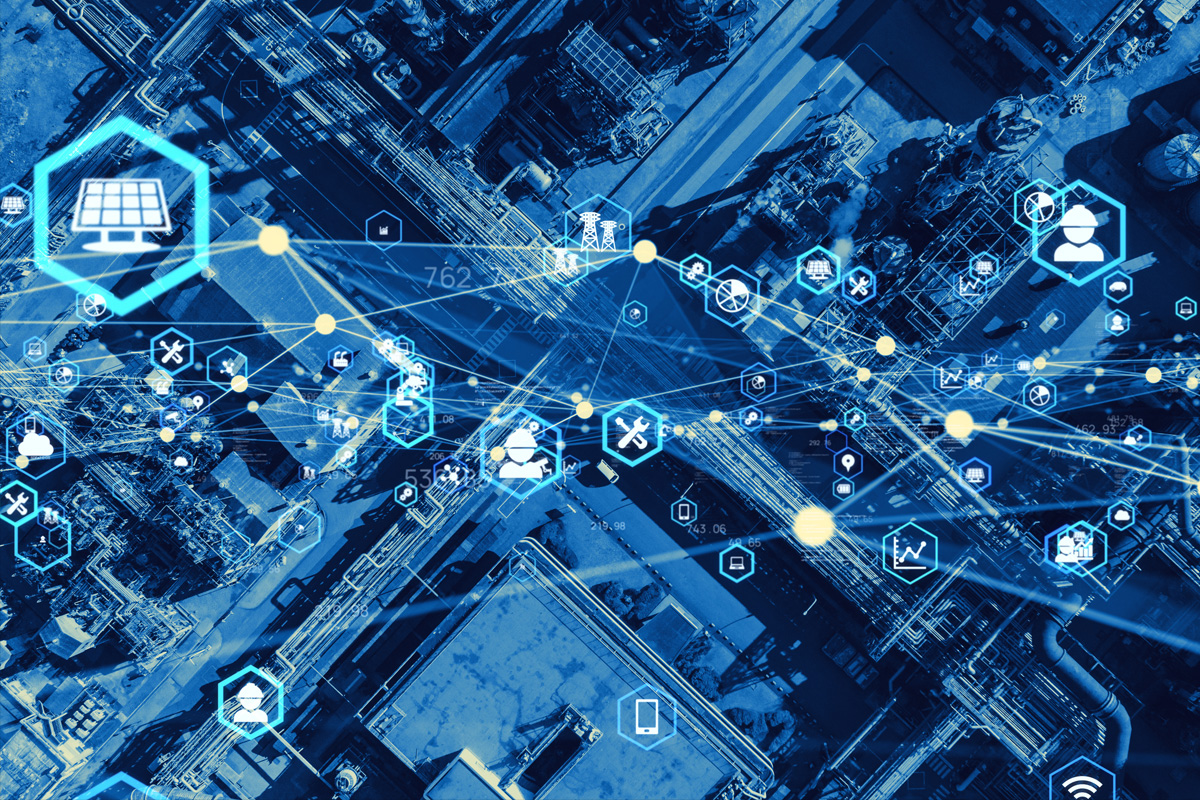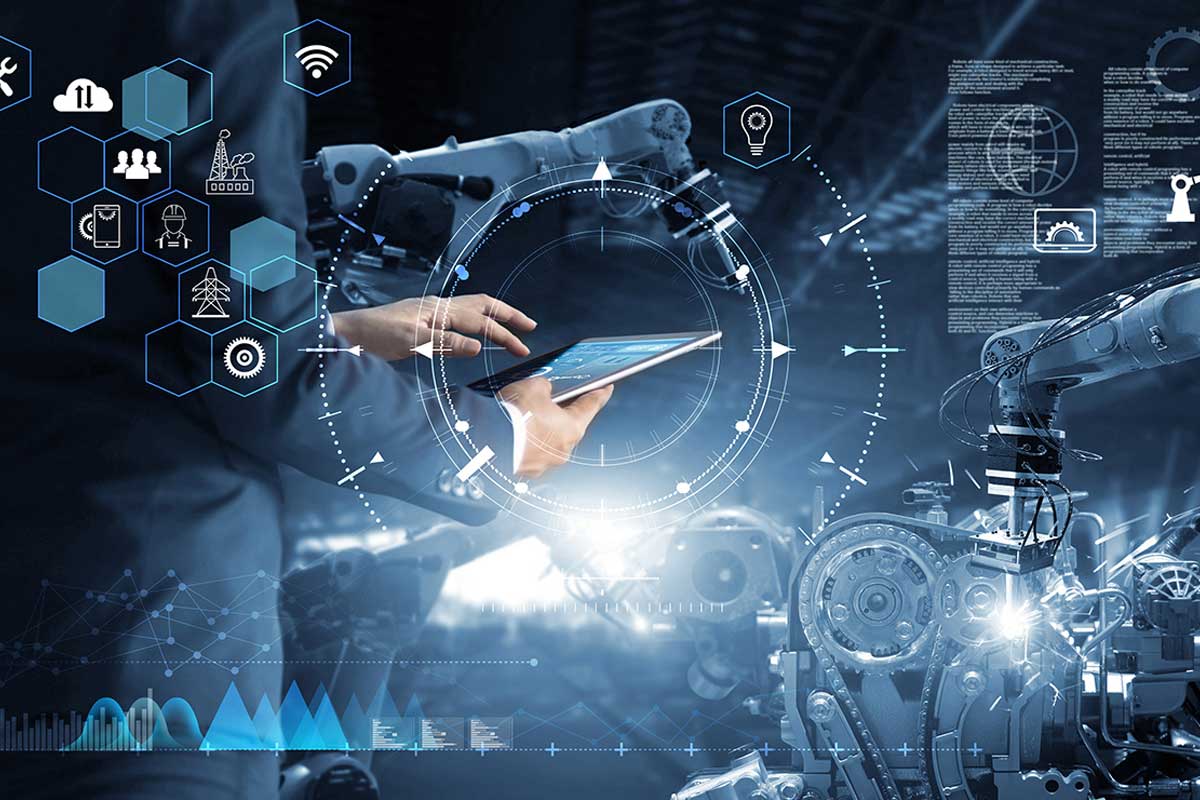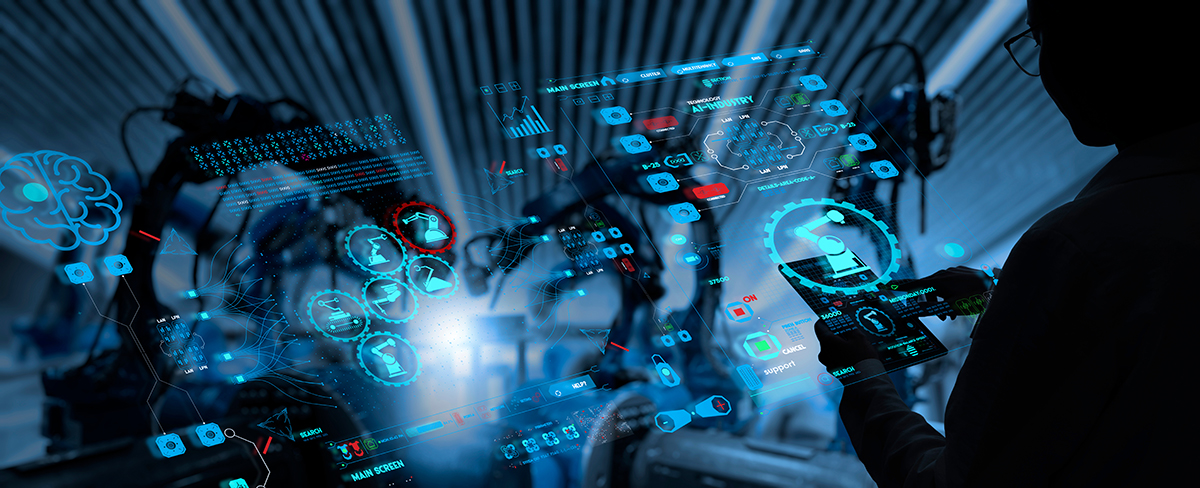
Connected intelligent devices and the Internet of Things (IoT) have long been at the forefront of adaptive business technology. Now, amid pandemic challenges, these technologies are transforming how businesses are managing supply chains.
Connected devices and the IoT add visibility, adaptability, and innovation potential to supply chain management. By applying these tools, companies are leveraging the power of data to transform the supply chain for the better.
By exploring the potential of these devices in transformative business management, we stand to revolutionize goods transportation and delivery for the better. After the supply chain challenges the world has experienced, such improvements cannot come soon enough.
Here’s what you need to know about the transformations connected intelligent devices and the IoT are making in the field of supply chain management.
Enhancing Visibility and Transparency
First and foremost, the potential of connected device data solutions creates enhanced transparency across a supply chain. Little is more important than transparency for managing goods across vendors, suppliers, warehouses, and shipyards. That’s because awareness of data and flow of information dictate success in a rapidly fluctuating market.
For instance, Industrial IoT, or IIoT, collates and connects this important data into a distinct network of business insights. These connected, intelligent devices impact supply chain visibility in the form of sensors and monitors that draw on real-time information. From here, greater oversight is just an information system away.
Take, for example, the role of the IIoT in preventing food spoilage as edible products are transported across nations. These devices are transforming industries like good transportation. For example, wireless battery-powered built-in smart sensors in trucks, refrigeration units, and delivery locations help maintain peak conditions for these products. As a result, suppliers can cut down on waste.
Additionally, the IoT and other connected intelligent devices prevent warehouse inventory loss through enhanced visibility. Retailers lose around 1.3% of sales each year due to inventory shrinkage, but smart sensors that record, scan, and maintain RFIDs or other labels cut down on missing products.
Amidst fluctuating consumer supply and demand, new sustainability regulations, and supplier shutdowns, the benefits of streamlined visibility are too valuable to deny. In turn, this visibility boosts business adaptability.
Improving Adaptability

One of the most important benefits of connected intelligent devices and IoT utilization comes in the form of improving a business’s ability to adapt. With real-time insights, you can catch just about any problem as it comes along. Then, you can pivot business decisions with data-driven intelligence.
There are many ways in which the latest connected intelligent devices technology supports business adaptability. For instance, connected tools on a 5G wireless network, bridging data gaps with scale to produce an unprecedented view of a network. From here, artificial intelligence enhances the data analysis process with automation and self-learning potential.
Machine learning is a powerful subset of AI. A tool rapidly enhances a business’s ability to catch supply issues and automatically adjust routes. From strategic planning to financial forecasting, machine learning mitigates risk through analysis and optimization. The system collects data then analyzes it through the lens of modeled info.
The potential of machine learning tools is especially powerful for predictive maintenance processes. All kinds of equipment—from factory machinery to long-haul trucks—can be monitored and kept functional with the help of smart analytics. Machine learning allows systems analysts to store a digital twin of these tools. From here, problems can be caught and corrected before impacting supply chains. Enhancing adaptability through methods like these are some of the most promising developments of leading connected devices on the IoT. However, the transformative benefits of these tools don’t end there.
Boosting Innovation Potential
Last but not least, the power of connected intelligent devices in enhancing supply chains comes from the ability of generated data insights to help solve all kinds of business challenges. These aren’t just limited to the challenges of the times. Instead, connected intelligent devices and the IoT on modern 5G networks can produce actionable business strategies from supply chain efficiency to sustainability.
Data is information. Business leaders can cultivate this information using IoT sensors and connected device applications that bounce off these networks via secured APIs. Then, vast stores of information can be prepared for evaluation.
Because intentionally collected business insights help inform economic conditions, this data is a gold mine for supply chain optimization. For instance, there is a huge problem with e-waste in the consumer tech industry. Suppliers could combat this problem by addressing durability metrics and looking for ways to create an efficient supply chain for repair parts.
Data can lead to transformative revelations that streamline a supply chain. Efficiency is just the beginning. With essential sustainability efforts able to be improved as well, mobile and IoT devices stand to boost the safety and cleanliness of our world through optimized and ethical supply practices.
One example would be a data-driven system for mitigating carbon emissions in supply routes. Connected intelligent device connect to GPS, then driver data can be communicated back to system dashboards where AI can help business leaders produce ideal routing solutions that limit fuel use.
Facing the many struggles of supply and demand in the pandemic era, we need these efficiency and sustainability benefits more than ever. Fortunately, connected intelligent device and the IoT make business improvements a breeze.

Connected Intelligent Device and the IoT Take Supply Chains
Industry 4.0, the ongoing industrial revolution that places data front and center, is all about connected intelligent devices and the IoT. These devices make supply chains more visible and transparent than ever. Meanwhile, the adaptability and innovation potential they bring to supply chain management stand to impact the efficiency and sustainability of every venture to which they are applied.
Explore the potential of these technologies in your own business processes. A cleaner, more efficient supply chain awaits.
How Ambiq Contributes
Industrial IoT and factory automation form the foundation of intelligent factories, and smart connected devices must be reliable when it comes to battery life. Since these devices perform computing operations at the edge, they need to ensure their processors can perform these tasks on a low electrical charge.
Ultra-low-power wireless System on Chip (SoC) solutions from Ambiq® work together to enable critical IIoT technologies in key industrial sectors. Built on our patented Sub-threshold Power Optimized Technology (SPOT®) platform, Ambiq’s products reduce the total system power consumption on the order of nanoamps for all battery-powered edge devices.

